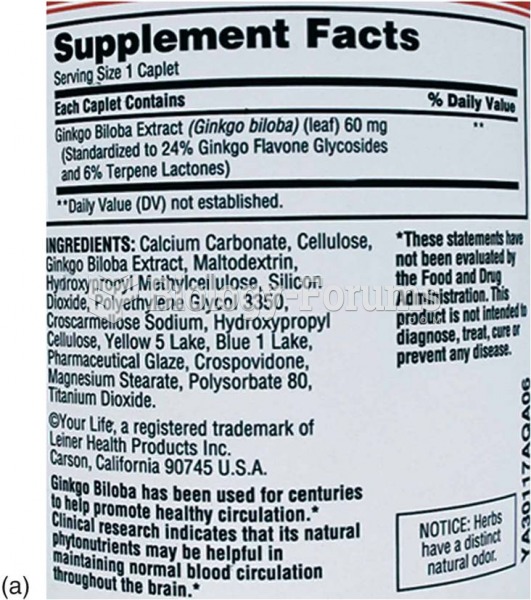Answer to Question 1
Ans: D
Feedback:
Making It Happen is a health tool that provides examples and success stories of 32 schools and school districts that have implemented innovative approaches to improve the nutritional quality of foods and beverages sold outside the school meals program. Food-Safe Schools Action Guide (FSSAG) helps schools work with Cooperative Extension, health departments, and families in efforts to make schools food-safe. Health Education Curriculum Analysis Tool helps schools, school districts, and other school personnel responsible for curricular redesign to analyze health education curricula on the basis of alignment with national health education standards and characteristics of effective health education curricula. Improving the Health of Adolescents and Young Adults: A Guide for States and Communities helps guide people and organizations through public health processes that address the 21 Critical Health Objectives identified in Healthy People 2010 for adolescents and young adults.
Answer to Question 2
Ans: B, C, D, E
Feedback:
The school nurse must seek to accomplish health teaching in encounters with students and families, in the classroom, in individual counseling sessions (e.g., teaching a child how and when to use his or her EpiPen), and in group meetings. It is recommended that the focus of health education be health promotion based on concerns addressed in the National Health Objectives of Healthy People 2020. These issues include use of drugs and alcohol, sexual behavior, tobacco use, nutrition, physical activity, and violence prevention. It would not be appropriate for the nurse to teach faculty members how to assess their students for upper respiratory illnesses, as this is the nurse's responsibility.







